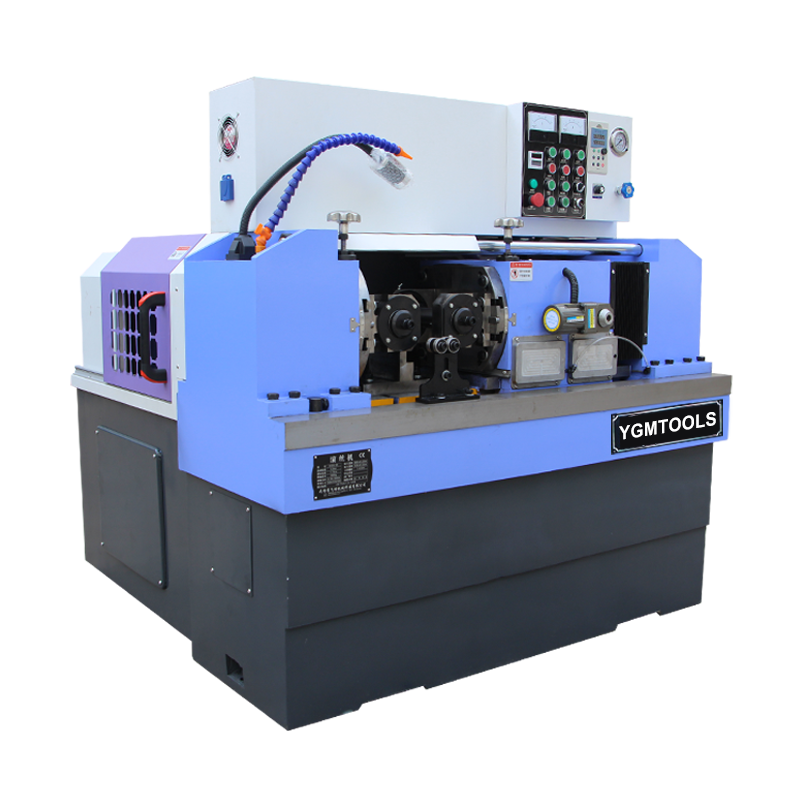
-
 Afrikaans
Afrikaans -
 Albanian
Albanian -
 Amharic
Amharic -
 Arabic
Arabic -
 Armenian
Armenian -
 Azerbaijani
Azerbaijani -
 Basque
Basque -
 Belarusian
Belarusian -
 Bengali
Bengali -
 Bosnian
Bosnian -
 Bulgarian
Bulgarian -
 Catalan
Catalan -
 Cebuano
Cebuano -
 Corsican
Corsican -
 Croatian
Croatian -
 Czech
Czech -
 Danish
Danish -
 Dutch
Dutch -
 English
English -
 Esperanto
Esperanto -
 Estonian
Estonian -
 Finnish
Finnish -
 French
French -
 Frisian
Frisian -
 Galician
Galician -
 Georgian
Georgian -
 German
German -
 Greek
Greek -
 Gujarati
Gujarati -
 Haitian Creole
Haitian Creole -
 hausa
hausa -
 hawaiian
hawaiian -
 Hebrew
Hebrew -
 Hindi
Hindi -
 Miao
Miao -
 Hungarian
Hungarian -
 Icelandic
Icelandic -
 igbo
igbo -
 Indonesian
Indonesian -
 irish
irish -
 Italian
Italian -
 Japanese
Japanese -
 Javanese
Javanese -
 Kannada
Kannada -
 kazakh
kazakh -
 Khmer
Khmer -
 Rwandese
Rwandese -
 Korean
Korean -
 Kurdish
Kurdish -
 Kyrgyz
Kyrgyz -
 Lao
Lao -
 Latin
Latin -
 Latvian
Latvian -
 Lithuanian
Lithuanian -
 Luxembourgish
Luxembourgish -
 Macedonian
Macedonian -
 Malgashi
Malgashi -
 Malay
Malay -
 Malayalam
Malayalam -
 Maltese
Maltese -
 Maori
Maori -
 Marathi
Marathi -
 Mongolian
Mongolian -
 Myanmar
Myanmar -
 Nepali
Nepali -
 Norwegian
Norwegian -
 Norwegian
Norwegian -
 Occitan
Occitan -
 Pashto
Pashto -
 Persian
Persian -
 Polish
Polish -
 Portuguese
Portuguese -
 Punjabi
Punjabi -
 Romanian
Romanian -
 Russian
Russian -
 Samoan
Samoan -
 Scottish Gaelic
Scottish Gaelic -
 Serbian
Serbian -
 Sesotho
Sesotho -
 Shona
Shona -
 Sindhi
Sindhi -
 Sinhala
Sinhala -
 Slovak
Slovak -
 Slovenian
Slovenian -
 Somali
Somali -
 Spanish
Spanish -
 Sundanese
Sundanese -
 Swahili
Swahili -
 Swedish
Swedish -
 Tagalog
Tagalog -
 Tajik
Tajik -
 Tamil
Tamil -
 Tatar
Tatar -
 Telugu
Telugu -
 Thai
Thai -
 Turkish
Turkish -
 Turkmen
Turkmen -
 Ukrainian
Ukrainian -
 Urdu
Urdu -
 Uighur
Uighur -
 Uzbek
Uzbek -
 Vietnamese
Vietnamese -
 Welsh
Welsh -
 Bantu
Bantu -
 Yiddish
Yiddish -
 Yoruba
Yoruba -
 Zulu
Zulu
Detailed Overview of CE Certified Thread Rolling Machines with Demonstrative Video Showcase
The Importance of CE Certification for Thread Rolling Machines
In the modern manufacturing landscape, ensuring the quality and safety of machinery is paramount, particularly for industries relying on precise engineering solutions. One notable machine that plays a critical role in these sectors is the thread rolling machine. As manufacturers seek to enhance their production efficiencies, understanding the significance of CE certification for these machines has become increasingly important.
CE certification is a mark that indicates a product conforms to European health, safety, and environmental protection standards. It is essential for manufacturers who wish to market their products within the European Economic Area (EEA). For thread rolling machines, this certification signals to buyers that the equipment has passed rigorous testing and adheres to the required safety guidelines. This not only protects workers from potential risks associated with operating machinery but also mitigates liability concerns for manufacturers.
Thread rolling is a cold forming process that creates threads on a workpiece by pressing dies together, providing superior strength and finish compared to traditional cutting methods. However, the complexity and mechanical demands of thread rolling machines necessitate strict regulatory oversight. By obtaining CE certification, manufacturers demonstrate their commitment to producing fully compliant, high-quality machines that meet industry standards.
The process of acquiring CE certification for a thread rolling machine involves several steps. First, manufacturers must perform a thorough risk assessment on their machinery, identifying any potential hazards that operators might encounter. Following this, they must comply with the relevant European directives, which may include machinery safety, electromagnetic compatibility, and low voltage directives. If the machine passes these evaluations, an independent Notified Body may conduct audits and assessments to ensure compliance.
ce certification thread rolling machine video

Once certified, a thread rolling machine can carry the CE mark, which serves as a key marketing tool. It provides a competitive edge in the marketplace, reassuring clients of their investment's reliability and safety. For instance, when companies view video demonstrations of CE-certified thread rolling machines, they can be more confident in their functionality and adherence to international standards. These videos often highlight the precision of the machine, the quality of the output, and the safety features that have been integrated based on CE compliance requirements.
Moreover, having a CE mark can enhance a manufacturer’s reputation, opening doors to collaborations with larger enterprises and helping to penetrate new markets. Companies that prioritize safety and quality in their manufacturing processes are more likely to receive favorable attention from potential clients and partners. In a global economy where machinery is often imported and exported, CE certification can reduce friction in trade negotiations and facilitate smoother transactions.
It is also worth noting that the landscape of machine safety is continually evolving. With advancements in technology, the criteria for CE certification are regularly updated. Manufacturers must stay informed of these changes to ensure ongoing compliance. Regular training for operators and engineers, along with periodic evaluations of machine performance, is crucial for maintaining high safety and quality standards.
In conclusion, CE certification for thread rolling machines is crucial in ensuring that these machines are safe, reliable, and compliant with European standards. For manufacturers, obtaining this certification not only mitigates risks but also enhances their marketability and reputation. As the demand for efficient manufacturing solutions continues to grow, the importance of CE-certified equipment will undoubtedly become more pronounced, encouraging a culture of safety and excellence across the industry.
